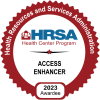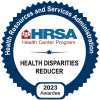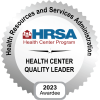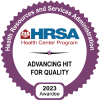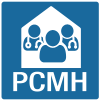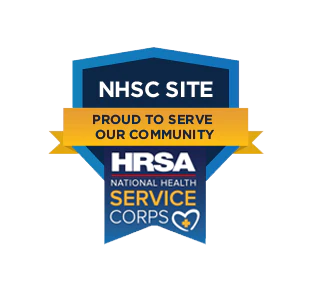
This blog post was written by Dawn Socha, Social Worker, and Danica Keeton, Director of Development and Community Relations, at Community Health Systems.
HIV stigma and discrimination are still very real issues in our society, despite advances in medical treatment and increased awareness. Unfortunately, the social stigma surrounding HIV often causes shame and fear, leading to discrimination against people living with HIV. When we talk about HIV stigma, we mean the negative attitudes, beliefs, and actions of others towards people with HIV. Discrimination is the unfair treatment of people with HIV based on their health status. The stigma surrounding HIV can affect a person’s daily life, as well as their access to healthcare and social support. In this blog post, we will discuss HIV stigma and discrimination and how we can work to break down the barriers they create.
What is Stigma?
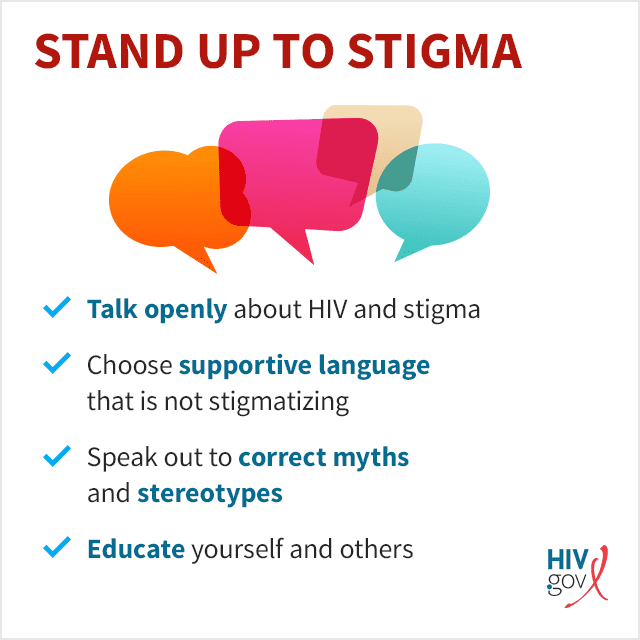
HIV stigma can take many forms. HIV stigma refers to negative attitudes, beliefs and judgements towards people living with or at risk of HIV. Some people might avoid getting tested for HIV out of fear of being stigmatized. HIV stigma can also lead to discrimination in healthcare settings, with people living with HIV being refused treatment, receiving substandard care, or being treated in a disrespectful or judgmental manner. We need to address HIV stigma head-on to make sure people with HIV feel supported, rather than alienated.
Examples of HIV stigma:
· Believing only certain groups of people are at risk of HIV due to their sexual orientation.
· Feeling that people deserve to get HIV due to the choices they make and the lifestyle they live.
· Believing HIV is a death sentence when it is a manageable health condition.
· People believing they can get HIV through casual contact such as hugging or shaking hands with someone who is living with HIV.
What is Discrimination?
HIV Discrimination is treating someone living with HIV differently that someone without HIV. It might mean being fired from a job because of an HIV-positive diagnosis, or not being hired for a job in the first place. HIV discrimination can also happen in housing, with landlords refusing to rent to people with HIV. In some cases, people with HIV may be denied access to education or other services because of their health status. We need to work to eliminate this kind of discrimination and ensure fair treatment for all.
Examples of Discrimination:
· Refusing casual contact with someone who is HIV positive
· Refusing health care services to someone living with HIV
· Socially excluding someone because they have HIV
The Effects of HIV Stigma and Discrimination
The effects of HIV stigma and discrimination can be detrimental to people’s mental and emotional health. People with HIV may feel isolated or ashamed, which can lead to depression and anxiety. It can negatively effect their work, personal and social lives. People experiencing HIV stigma can also experience “self-stigma” which can lead to feelings of shame, fear of disclosure and isolation. They may also avoid seeking
medical care or disclosing their status to family or friends, which can put their health at risk. Fear of discrimination can discourage people from disclosing their status to family and friends or to seek HIV care and treatment.
Stopping Stigma
We need to create a world where people feel comfortable talking openly about HIV and seeking the care they need. Education and awareness can help reduce the stigma surrounding HIV and create a more supportive environment for people living with HIV.
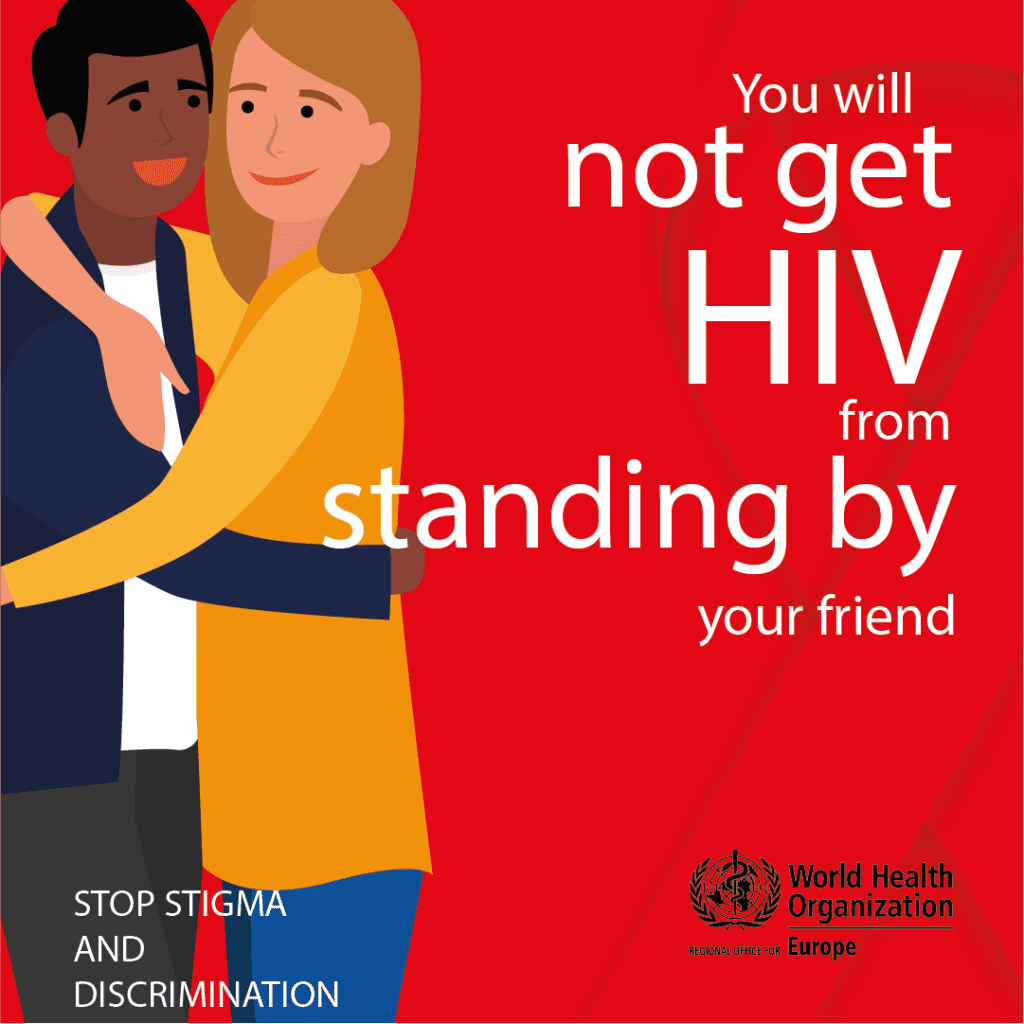
So, what can we do to stop the stigma? Firstly, we need to educate ourselves and others about HIV. By learning more about HIV and the experiences of people living with HIV, we can shift our attitudes and perceptions. We can also challenge the stereotypes and prejudices that exist in our communities and ensure that we are treating everyone with respect and dignity, regardless of their HIV status. Finally, we need to advocate for fair treatment of people with HIV in all aspects of life, from employment to healthcare to housing. By having open and honest conversations we can help normalize HIV as a manageable health condition.
HIV stigma and discrimination are barriers that prevent people from living full and healthy lives. They create fear, shame, and isolation, making it difficult for people living with HIV to access the care and support they need. We need to work together to break down these barriers and create a more supportive and inclusive society for all. By educating ourselves and others, challenging stereotypes, and advocating for equality, we can help to reduce the stigma surrounding HIV and ensure that everyone is receiving the care and support they deserve. If you or someone you know is living with HIV, seek out support from local organizations and healthcare providers. Remember that you are not alone, and that there is help available.
If you are ready to learn more, seek help, or get tested – our doors are open for you. Please call 608-361-0311 to schedule today.
Additional Resources:
CDC Let’s Stop HIV Together Campaign: https://www.cdc.gov/stophivtogether/index.html
HIV Risk Reduction Tool: https://hivrisk.cdc.gov/
Video on Reducing HIV Stigma from CDC






